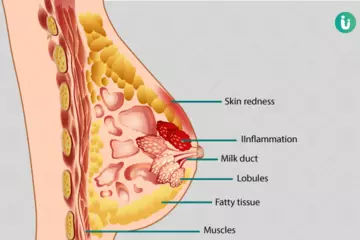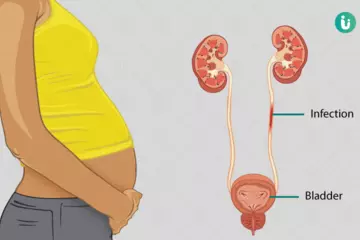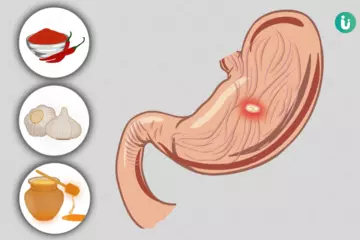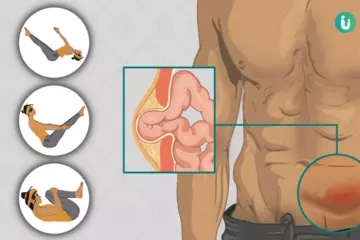What is prostatitis?
Prostatitis is a common condition characterised by swelling (inflammation) of the prostate gland, mostly due to an infection. Prostatitis can affect men of any age due to unhygienic surroundings.
What are its main signs and symptoms?
The signs and symptoms of prostatitis are often similar to those of prostate cancer or prostate enlargement, but the conditions are entirely different. Some of the signs and symptoms are:
- Difficulty in urination, painful or interrupted flow of urine.
- Pain in the pelvic region or around the location of the prostate, including pain in the rectum.
- An urgency to urinate at frequent intervals, blood may occasionally be passed in the urine.
- In the case of a bacterial infection, fever, nausea and other flu-like symptoms may also occur.
What are the main causes?
Prostatitis is classified into different categories depending upon its cause. They are:
- Chronic prostatitis
In this case, the symptoms develop slowly and persist over a significant period of time. Chronic prostatitis is not caused by an infection and is often easily treatable. Some of the main causes of developing chronic prostatitis are:- History of prostatitis.
- Chronic prostatitis is common in middle- to old-aged men.
- Irritable bowel syndrome.
- Damage during surgery.
- Acute prostatitis
Acute prostatitis is a sudden and intense case which is caused by an infection. This needs immediate medical intervention. The main causes for this condition are:- Sexual abuse resulting in infection of the prostate.
- History of having any kind of infection in the prostate or the urinary tract, such as a urinary tract infection (UTI) or sexually transmitted infection (STI) or HIV infection or AIDS.
- In some cases, an infection also develops after having a prostate biopsy.
How is it diagnosed and treated?
Upon seeing the signs and symptoms of prostatitis, the physician may order certain tests which help in determining if the condition actually is prostatitis. Following are the most common and definitive tests for prostatitis:
- Physical examination including a digital rectal examination.
- Urinalysis to check for urinary tract infections.
- Transrectal ultrasound to spot if there’s any swelling or abnormal growths in the prostate.
- Urologists may also perform a semen analysis to check the amount of sperm and semen in each discharge and look for blood or signs of infection.
- Cystoscopic biopsy to visualize the urinary bladder and collect the tissue sample from the prostate to look for any signs of inflammation.
Prostatitis can generally be easily treated if diagnosed in the early stages. Antibiotics are needed to treat bacterial infections. Painkillers and anti-inflammatory drugs are prescribed to the individual. Most common prescriptions are paracetamol and ibuprofen for mild cases. However, if the condition is severe or if the pain gets worse, stronger painkillers like amitriptyline are also prescribed. Other drugs prescribed include muscle relaxants. Doctors also advise warm baths or use of hot water bags in the affected region for pain relief.

 Doctors for Prostatitis
Doctors for Prostatitis  OTC Medicines for Prostatitis
OTC Medicines for Prostatitis
 Prostatitis articles
Prostatitis articles



















